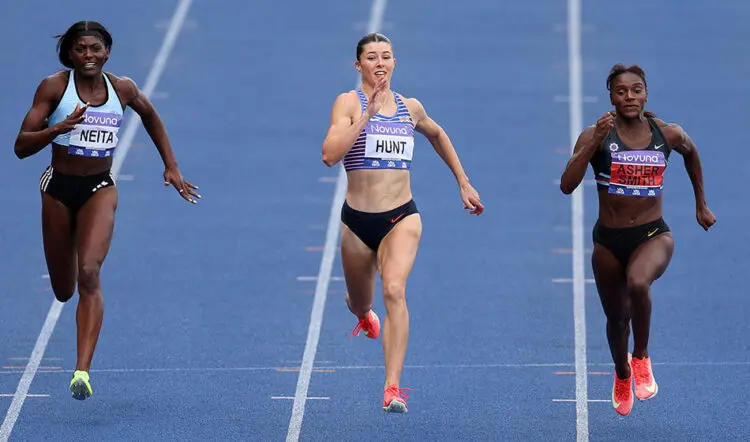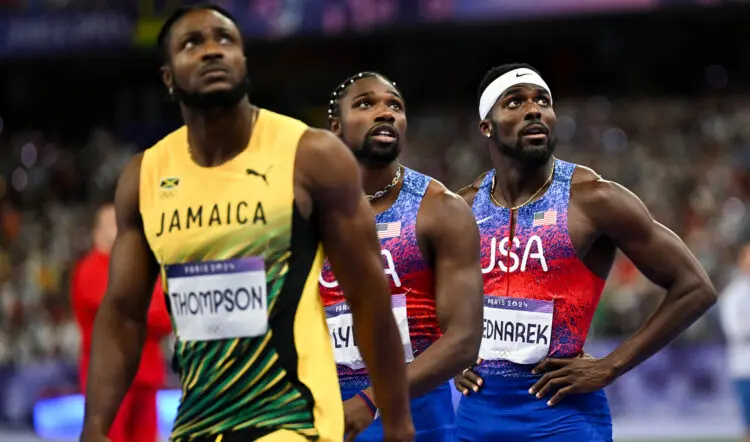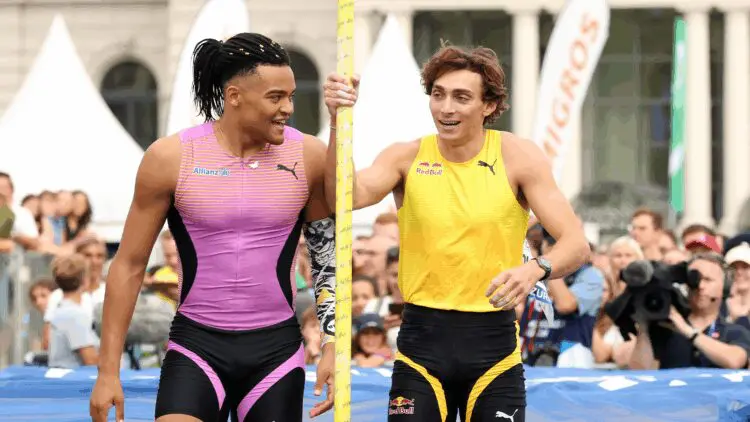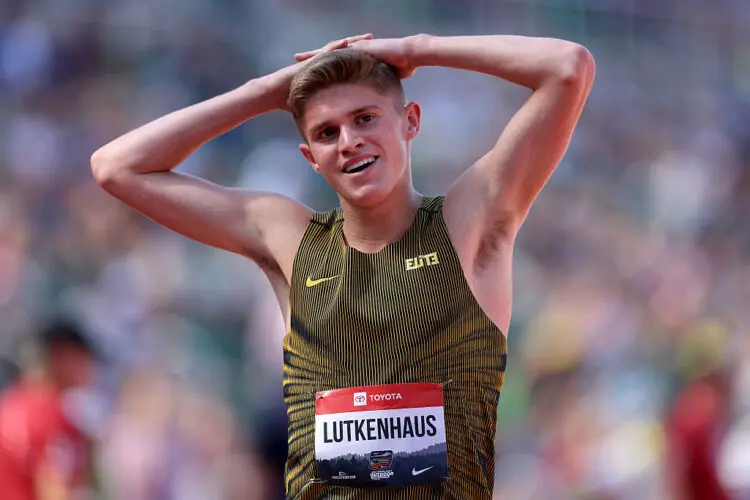Seb Coe insists female competition will be protected and preserved under his presidency of World Athletics
The biological sex tests introduced by World Athletics to ensure the integrity of women’s competition at the World Championships in Tokyo are almost complete.
Speaking two weeks before this year’s big global event in Tokyo begins, World Athletics president Seb Coe says 85% of tests were conducted during the period of national championships in recent weeks, whereas now (Aug 28) the figure is closer to 90%.
The remaining athletes will be tested at holding camps on the eve of the championships in Tokyo. Some of the tests, which are one-off and non-invasive swab or blood tests, have been done at Diamond League meetings.
“Member federations have really opted to be at the centre of this and I’m really grateful to them,” says Coe. “UKA did most of their testing at the trials, for example.”

Coe stresses: “It’s not gender testing. We are simply verifying female biology by testing for the identification of a Y chromosome. We need to do everything we can in athletics to preserve and protect the integrity of women’s sport and I’m not prepared to do (jeopardise) that under my presidency.”
The SRY gene tests were announced in July to ascertain whether an athlete is eligible to compete in the female category.
Coe was speaking at the Diamond League in Zurich exactly one week before leaving for Tokyo where he will enjoy, or perhaps endure, a week of council and congress meetings before the track and field action begins on September 13.
“Ticket sales are buoyant,” he says, “and there are some sell-out sessions. A sport without fans is a hobby and we don’t ever want to be seen as that.”
He adds: “We have an extraordinary World Championships to look forward to. If the Diamond League is anything to go by then the athletes are the gift that keep giving. We’re in for some really sumptuous potential head to heads.”
Around 2000 athletes from more than 200 countries are set to compete with some of them already in their holding camps.

Tokyo will also form the climax of the season and Coe promised the new World Athletics Ultimate Championships in Budapest in 12 months’ time would provide a similarly exciting end to the summer.
Coe says a team of around 20 people have been dedicated to working on the Budapest event for the past two years and in an effort to understand what excites fans there have even been experiments where spectators have worn heart rate monitors to see how their pulse rises or falls depending on what they are watching.
When asked about Grand Slam Track, Coe pointed to the way the World Athletics Ultimate Championships was being executed and added: “If you showcase field events really well then they are an additive rather than subtracting from the experience.
“We had 8000 people in Zurich city centre last night (Aug 27) watching and they were mesmerised and stayed to the last moment and they were part of the theatre. I don’t believe our sport is just track and that’s quite an admission from a pavement pounder.”

On Grand Slam Track’s unpaid bills, he added: “We’re monitoring it and watching it closely. But I know Michael and he will want to resolve this as quickly as he can.”
Coe was also asked about the teenage prodigy Cooper Lutkenhaus, who ran 1:42.27 aged 16 at the US Championships recently to qualify for Tokyo. The time is faster than Coe’s first world outdoor record at the distance of 1:42.33 in 1979 and he said when he heard about Lutkenhaus’s result in Monaco he thought it was a misprint.
“Extraordinary,” is how Coe describes it, adding: “It’s happening in a lot of sports at the moment. In the past week a couple of Premier League sides were playing two 15-year-old kids and one of them made such an impact he won the game in the dying embers.

“You just have to accept there is some outstanding talent and coming through younger than they probably have in the past and it’s probably a testament to good quality coaching.
“One word of caution is the biggest challenge and highest attrition period is the age of 16-17 to the senior ranks. The sobering stat that we’ve always looked at is that the majority of athletes who even win medals at world junior champs don’t even make it through to their senior national team two or three years later.
"So the handling of those athletes when they show such prodigious talent at an unexpected age, you can sit back and celebrate it but it also poses some really big challenges for the coaching structure and sometimes the parental care network so that you continue the same progression. We don’t want them to look back at the age of 40 and say ‘yes, I was really good for one season’.”
READ MORE: Teenage track talents with the world at their feet
Finally, Coe was quizzed about the race to stage the 2029 World Championships but refused to be drawn too much. “London has thrown its hat into the ring but we have some pretty potent global cities who are interested.”
